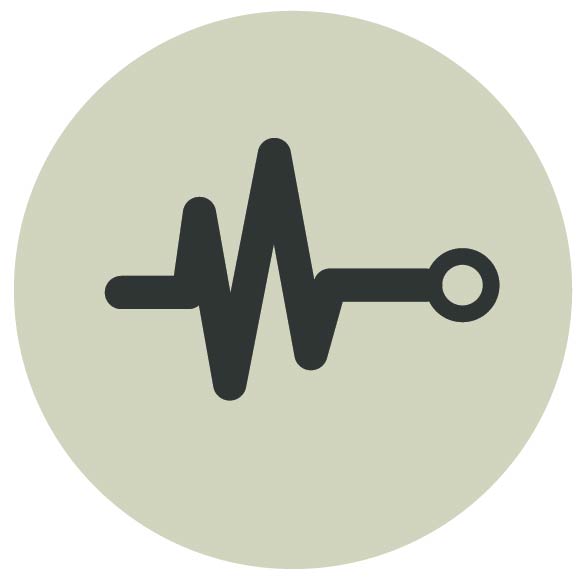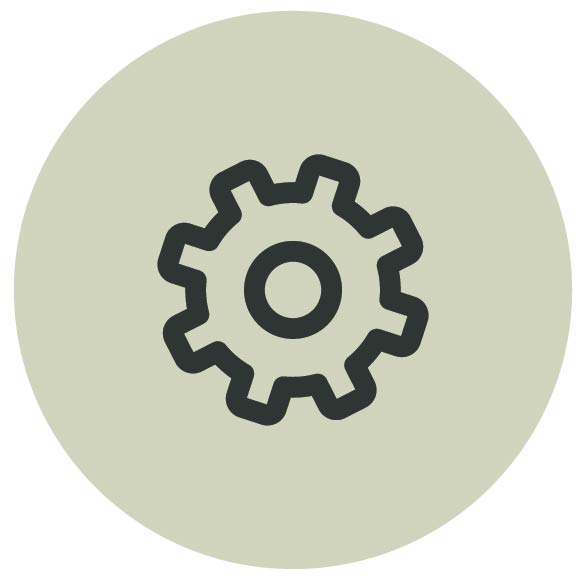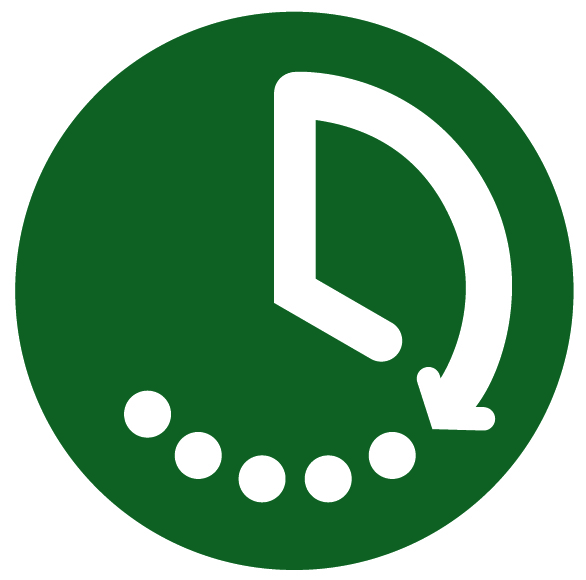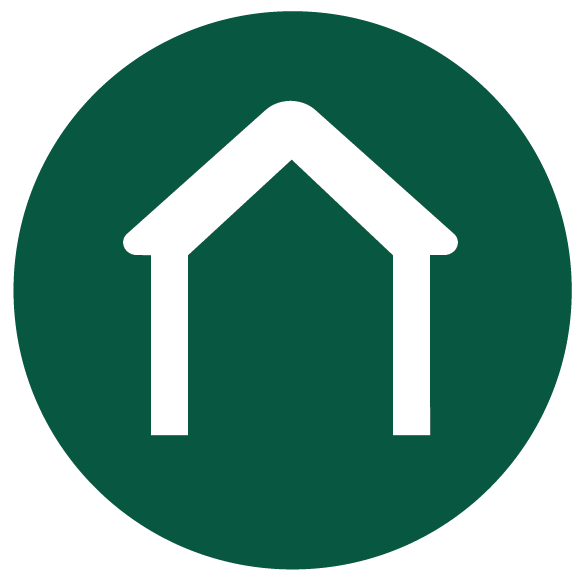Functional Neurological Disorder (FND) is a specific brain disorder that affects how the brain accesses or controls movement and perception. It causes changes in the body functions that are not caused by damage to the brain's structure.
The brain and nervous system are responsible for transmitting signals throughout the body. However, in some cases, they may fail to send or receive these signals accurately. This can lead to various movement, motor, and sensory disturbances, known as functional neurological symptoms. These symptoms are genuine and involuntary and can include limb weakness, paralysis, seizures, difficulty with walking, spasms, twitching, and sensory issues.
FND is an invisible disability
 FND symptoms are involuntary
FND symptoms are involuntary Around 10-20% of people with FND have another neurological disorder, such as epilepsy or Parkinson's
Around 10-20% of people with FND have another neurological disorder, such as epilepsy or Parkinson's Around 2 to 5 in every 10,000 people experience a non-epileptic attack disorder (NEAD)
Around 2 to 5 in every 10,000 people experience a non-epileptic attack disorder (NEAD) Anyone can develop FND
Anyone can develop FND An estimated 4 to 12 people per 100,000 will develop FND
An estimated 4 to 12 people per 100,000 will develop FND FND is not exclusively a psychological problem
FND is not exclusively a psychological problem
FND symptoms may appear similar to those seen in neurological conditions such as Multiple Sclerosis, Parkinson’s and Epilepsy, but they have a different underlying cause.
The many different neurological symptoms of FND will vary from person to person; they can vary in intensity and may be intermittent or continual. Some individuals may experience various symptoms, whereas others may experience just one.
Many symptoms can be extremely disabling and unpredictable. While some people with FND recover, for others, the symptoms persist.
Symptoms
Symptoms are variable and broad and can include a combination of:
Movement and motor symptoms (sometimes referred to as Functional Movement Disorder)
- Leg and arm weakness or paralysis
- Tremors
- Sudden, brief, involuntary twitching or jerking of a muscle or group of muscles (called myoclonus)
- Involuntary muscle contractions that cause slow, repetitive movements or abnormal postures (called dystonia)
- Problems with walking motion (gait), posture, or balance
- Spasms and contractures (where the tendons become fixed in awkward or uncomfortable positions)
- Muscle stiffness
- Tics
Functional and dissociative seizures (sometimes referred to as Non-Epileptic Attack Disorder [NEAD], Functional Seizure Disorder)
Someone with FND can present with seizures that are similar to those seen with Epilepsy caused by a problem with how the brain and nervous system is functioning. The seizures differ from person to person and may present as staring blankly, uncontrollable behaviour changes, blackouts, or falling to the ground with parts of the body twitching or jerking. People are generally aware (but not always) of what is occurring but cannot react or respond.
There can also be associated symptoms, such as fatigue, cognitive difficulties, memory loss, confusion when coming around from the seizure, and temporary paralysis of parts of the body.
Sensory symptoms
- fleeting sensations: feeling like the skin is crawling, electric shock sensation, or twitching.
- hypersensitivity: being over-sensitive to light, sound, smell, touch or taste.
- cognitive problems include memory loss, poor concentration, word-finding difficulties, and speech disturbances.
Symptoms that affect other brain functions may include:
- speech difficulties, such as sudden onset of stuttering or trouble speaking
- vision or hearing problems
- pain (including chronic migraine)
- extreme slowness and fatigue
- numbness or inability to sense touch
Sources:
Bupa: https://www.bupa.co.uk/womens-health/FND-support
FND UK: https://www.FND-uk.org/
FND.org: https://FND.org/
FND World: https://FNDworld.weebly.com/
Human Fertilisation and Embryology Authority: https://www.hfea.gov.uk/
NHS: https://www.nhs.uk/conditions/FND/
World Health Organisation: https://www.who.int/news-room/fact-sheets/detail/FND
Look out for these Sunflower icons
 I may need more time
I may need more time I need a quiet/safe place
I need a quiet/safe place I may need a place to sit down and rest
I may need a place to sit down and rest I have a hidden disability
I have a hidden disability


